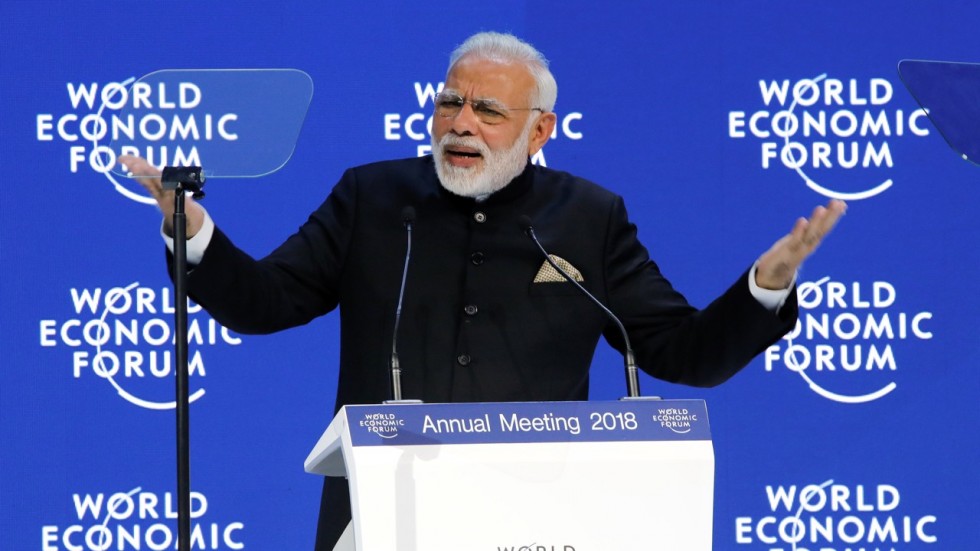
A decade on from the start of the last global financial crisis, interest rates remain at rock-bottom levels, while central banks have barely considered returning balance sheets bloated by quantitative easing to pre-crash levels.
Amid the Davos chatter of strong global growth, Anne Richards, chief executive of M&G Investments, said that the custodians of financial stability will struggle to deal with another crash.
Speaking at the World Economic Forum, the annual gathering of the global elite in the Swiss ski resort, she said: “We have far fewer tools to deal with any event that happens.” Richards predicted an upset could occur “somewhere where none of us are looking”, and highlighted peer-to-peer lending as an example.
Current financial conditions have echoes of the pre-crisis era, according to Jes Staley, chief executive of Barclays, speaking at the same event. While he said he believes banks are much less of a threat to stability than a decade ago, he warned that current benign conditions may not last.
“There’s something out there in the capital markets, given that equity markets are at an all-time high, volatility is at an all-time low,” he said. “That’s not a sustainable proposition.”
Citigroup boss Michael Corbat echoed his concerns, adding that continued asset price rises have given investors a “numbness” and “ambivalence” to usually market-moving events.
“When the next turn comes – and it will come – it’s likely to be more violent than it would otherwise be if we let some pressure off along the way,” Corbat said.
Many economists and regulators – although not all – believe the global banking system is now more resilient to potential shocks, with higher capital requirements and regular stress testing. Yet concerns are growing across the financial community that risks are building up in other parts of the system.
Ken Rogoff, a Harvard economist and global authority on financial crises, said that debt build-ups in China “have a lot of the characteristics of a financial crisis coming up”, echoing warnings from figures like former Prime Minister Gordon Brown and Claudio Borio, head of the Bank for International Settlements.
Rogoff also warned that rising interest rates after a decade of trying to stimulate growth could see a crash in stock markets – and could impact the prices of assets as diverse as fine art and bitcoin.
He said: “It is not hard to imagine a stock price collapse. I think the stock prices are built on the high growth but very much the low interest rates.”
The warnings come after the head of the review board of the Organisation for Economic Cooperation and Development, the club of richer nations, yesterday warned that some shadow banking practices remind him of the pre-crash boom.
William White told the UK newspaper, Telegraph: “All the market indicators right now look very similar to what we saw before the Lehman crisis, but the lesson has somehow been forgotten.”









